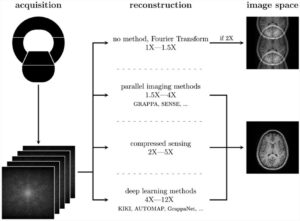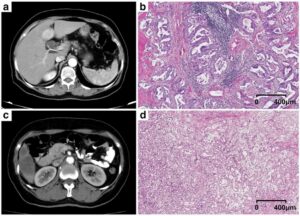An international statement on the topic of ethics of artificial intelligence (AI) in radiology has been written by a group consisting of the following societies: the American College of Radiology (ACR), the European Society of Radiology (ESR), the Radiology Society of North America (RSNA), the Society for Imaging Informatics in Medicine (SIIM), the European Society of Medical Imaging Informatics (EuSoMII), the Canadian Association of Radiologists (CAR), and the American Association of Physicists in Medicine (AAPM). In this condensed version of the full statement, which can be found on the respective web pages of the aforementioned societies, the contributing authors, composed of society representatives, patient advocates, a professor of philosophy, and an attorney, lay out the importance of the development of codes of ethics and practice for AI, which should respect human rights, data, and privacy, and should promote transparency, as well as be used for the common good.
While AI in radiology offers promises to improve quality, help patients, and deliver cost-effective care, it also magnifies complex ethical and societal questions for patients and the radiology community. We hope this paper starts a rich discussion on ethical questions of AI within radiology, describes unique moral issues that all of us should consider, and steers the community towards the direction for future regulation and standards of ethical radiology AI. For example, bias occurs with any dataset and AI model. We need both research and awareness to recognize bias and to minimize any deleterious decisions it may cause.
Radiologists will remain ultimately responsible for patients’ well-being and will need to acquire new skills to manage this technology. We should aspire to obtain as much value as possible from the ethical use of AI in radiology, and resist the lure to obtain further monetary gain from unethical uses of radiological data and AI. We have a duty to ensure that radiological AI remains human-centric, helps patients, contributes to the common good, and evenly distributes both the benefits and harms that may occur.
These issues will be shaped as much by the community’s ethics as by technical factors. This international multisociety statement is one step to help the radiology community build an ethical framework to steer technological development, influence how stakeholders respond to and use AI, and implement these tools to do what is right for patients.
Key points:
- Ethical use of AI in radiology should promote well-being, minimize harm, and ensure that the benefits and harms are distributed among the possible stakeholders in a just manner.
- AI in radiology should be appropriately transparent and highly dependable, curtail bias in decision making, and ensure that responsibility and accountability remains with human designers or operators.
- The radiology community should start now to develop codes of ethics and practice for AI.
- Radiologists will remain ultimately responsible for patient care and will need to acquire new skills to do their best for patients in the new AI ecosystem.
Authors: J. Raymond Geis, Adrian Brady, Carol C. Wu, Jack Spencer, Erik Ranschaert, Jacob L. Jaremko, Steve G. Langer, Andrea Borondy Kitts, Judy Birch, William F. Shields, Robert van den Hoven van Genderen, Elmar Kotter, Judy Wawira Gichoya, Tessa S. Cook, Matthew B. Morgan, An Tang, Nabile M. Safdar, and Marc Kohli













